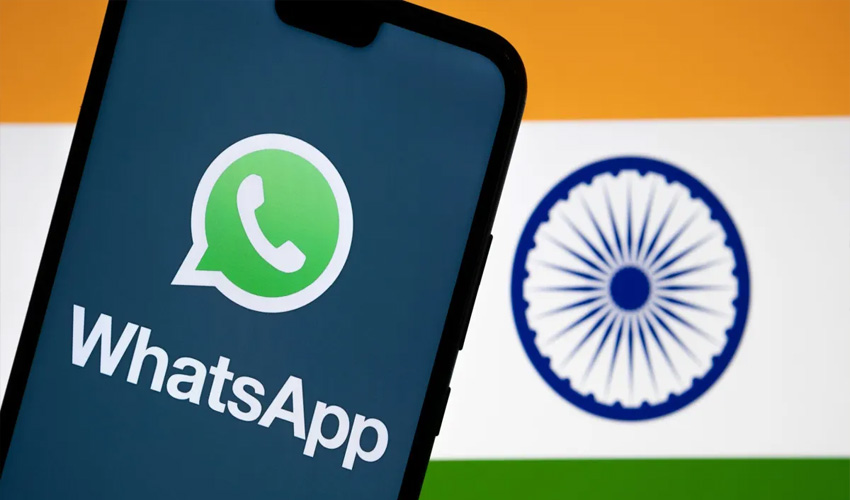WhatsApp, the messaging platform under Meta’s umbrella, has issued a firm warning to the Modi government, expressing its readiness to halt operations in India rather than compromise chat encryption.
This standoff highlights escalating tensions surrounding privacy and surveillance issues between the tech giant and the Indian government. Allegations of governmental overreach and encroachment on civil liberties have come to the forefront. WhatsApp’s encryption protocol, crucial for ensuring end-to-end security in user communications, is at the heart of the dispute. The Modi administration’s purported attempts to access WhatsApp data belonging to political opponents have faced severe criticism, with accusations of authoritarianism undermining democratic principles.
The legal battle has now advanced to the Delhi High Court, where WhatsApp’s legal representatives have reiterated the company’s stance against yielding to governmental pressure. Stressing the significance of user privacy, WhatsApp’s unwavering position reflects a broader struggle to safeguard digital rights in an age of growing state surveillance.
The Modi government’s assertive approach towards political dissidents and multinational corporations has sparked concerns about the erosion of democratic values in India. Past allegations of phone tapping and espionage have heightened apprehensions regarding the government’s intentions. Recent efforts to tighten regulations on social media platforms have further amplified worries regarding freedom of expression and privacy rights.
As the legal proceedings continue, a fundamental question arises: Will the Modi government achieve its aim of gaining unrestricted control over dissent and information dissemination? With WhatsApp standing firm and facing increasing public scrutiny, the outcome of this high-stakes confrontation may profoundly influence the future landscape of digital governance in India.


